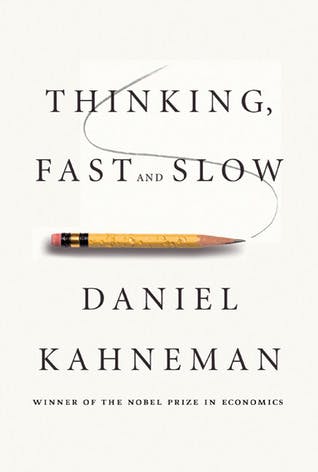The Road Less Traveled: A New Psychology of Love, Traditional Values, and Spiritual Growth Summary
Key Takeaways
- Accepting that life is difficult allows us to transcend its difficulties.
- Genuine love is about nurturing the spiritual growth of oneself and others.
- Self-discipline, delayed gratification, and acceptance of responsibility are essential for personal growth.
- Spiritual growth is achieved through the exploration of truth and the unmasking of illusions.
- The journey of self-discovery and facing harsh truths is key to achieving a higher level of self-understanding and spiritual enlightenment.
🌿 ReflectBay
Overthinking again?
You're not too much. You're just overwhelmed and it's okay. We help you untangle the noise and feel calmer.
We'll help you...
Summary
M. Scott Peck’s 'The Road Less Traveled' is a pioneering work on personal growth, blending psychological insights with spiritual wisdom. Peck starts with a deceptively simple premise: life is difficult, and acceptance of this fact is crucial for personal development.
Through his psychotherapeutic practice, Peck explores how concepts like love, grace, and spiritual growth intersect with the everyday challenges of life. He emphasizes the need for self-discipline and responsibility, arguing that these are essential for overcoming the inherent difficulties of life.
Peck discusses the nature of love not as a feeling but as an activity—a series of actions aimed at nurturing the spiritual growth of another person. This definition challenges contemporary views and emphasizes love as a disciplined choice that requires work and maturity.
Finally, the book addresses spiritual growth as a journey that involves confronting and resolving personal psychological issues, which in turn leads to a deeper understanding of oneself and one's place in the universe. Peck’s insights offer a framework for dealing with life’s challenges in a more informed and spiritually enriched way.
Also recommended

Thinking, Fast and Slow
Daniel Kahneman
The Defining Decade: Why Your Twenties Matter—And How to Make the Most of Them Now
Meg Jay
